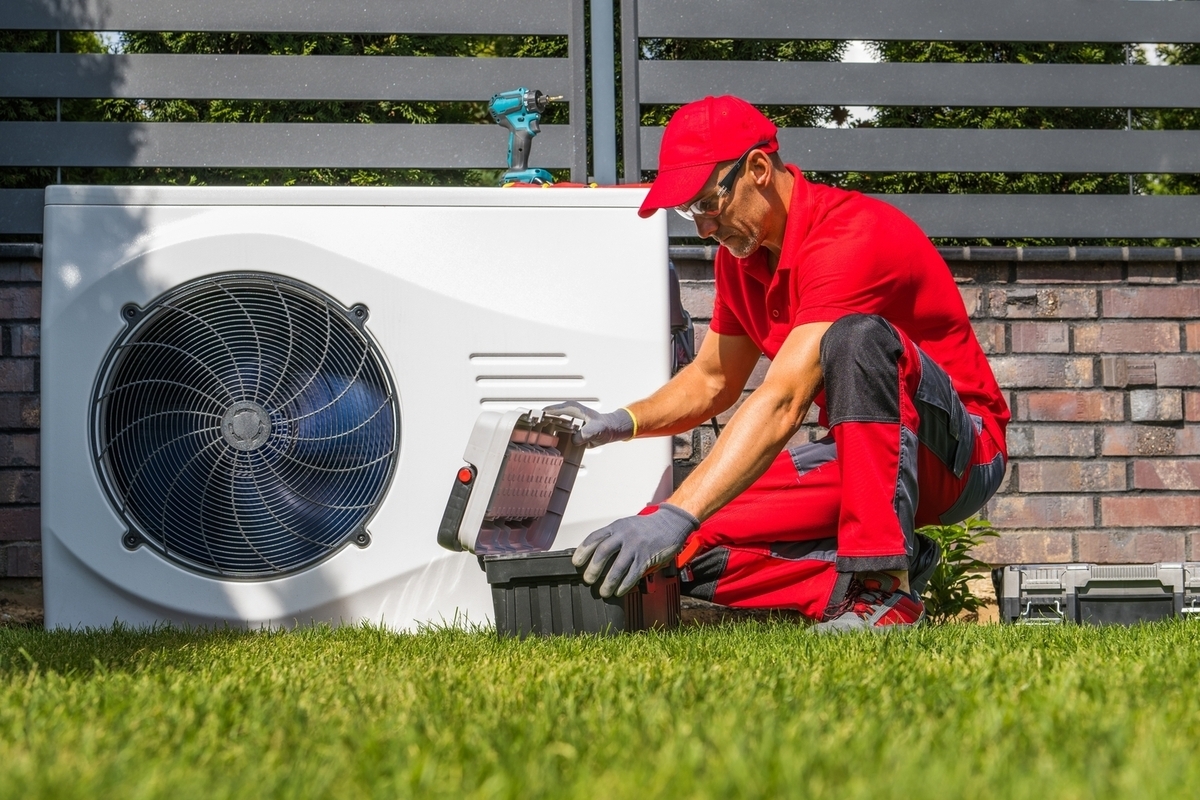Choosing A Heat Pump Types and Cost In France
Selecting a heat pump is a crucial decision for homeowners who seek energy efficiency, cost savings, and environmental sustainability. France, with its diverse climatic regions, offers a variety of heat pump options suited to different needs and preferences. This comprehensive guide aims to provide you with detailed insights into the types of heat pumps available and their associated costs, ensuring you make an informed decision tailored to your requirements.
Types of Heat Pumps
Heat pumps are broadly categorized based on the source of heat they utilize and the method of heat distribution. The main types include:
1. Air-Source Heat Pumps
Description:

Advantages:
– Lower upfront cost compared to other types.
– Easy installation.
– Effective for moderate climates.
Disadvantages:
– Less efficient in extremely cold temperatures.
– May require a backup heating system.
Cost: The price range for air-source heat pumps in France is typically between €8,000 and €12,000, including installation.
2. Ground-Source (Geothermal) Heat Pumps
Description: Ground-source heat pumps draw heat from the ground or water sources. They are highly efficient because ground temperatures are relatively constant year-round.
Advantages:
– High efficiency and low operating costs.
– Longevity and reliability.
– Suitable for a wide range of climates.
Disadvantages:
– Higher upfront cost.
– Requires significant space for ground loops.
Cost: Installation costs for geothermal heat pumps range from €15,000 to €30,000, depending on the complexity of the ground loop system.
3. Water-Source Heat Pumps
Description: Similar to ground-source heat pumps, water-source systems use a body of water, such as a lake or pond, to exchange heat.
Advantages:
– High efficiency, especially in areas with a stable water source.
– Cost-effective operation.
Disadvantages :
– Dependence on availability and proximity of a water body.
– Potential environmental regulations and permits.
Cost: Water-source heat pumps typically cost between €10,000 and €20,000, dependent on system design and site conditions.
4. Hybrid Heat Pumps
Description: Hybrid systems combine a traditional heat pump with a supplementary heating system, often a gas boiler, to ensure efficiency during colder periods.
Advantages:
– Optimized energy use and savings.
– Reliable performance in extreme weather.
Disadvantages:
– Higher initial investment.
– Complexity in maintenance and operation.
Cost: The cost for hybrid heat pump systems ranges from €12,000 to €18,000 in France.
Factors Influencing Heat Pump Costs
When considering the purchase of a heat pump, several factors influence the overall cost:
1. Installation Complexity
Installation complexity varies based on the type of heat pump and specific site conditions. For instance, ground-source heat pumps require extensive ground or water loop installations, while air-source systems are relatively simpler to install.
2. Energy Efficiency
Heat pumps with higher energy efficiency ratings often come at a premium but result in greater long-term savings on energy bills. The Coefficient of Performance (COP) and Seasonal Performance Factor (SPF) are key metrics to assess efficiency.
3. System Size and Capacity
The size and heating capacity of the heat pump should match the heating and cooling load requirements of your home. Larger systems typically cost more but ensure adequate temperature control.
4. Existing Infrastructure
Homes with existing ductwork or underfloor heating systems may incur lower installation costs compared to those requiring new infrastructure to distribute heat.
5. Incentives and Subsidies
The French government offers various incentives and rebates, such as the MaPrimeRénov’, to promote energy-efficient home improvements. These programs can significantly offset the upfront costs of heat pump installations.
Choosing the right heat pump for your home in France involves careful consideration of the type, cost, installation requirements, and long-term benefits. Air-source heat pumps are a cost-effective and accessible option for most households, while ground-source systems offer superior efficiency and sustainability at a higher initial cost. Water-source and hybrid systems cater to specific site conditions and energy needs.
Evaluating your specific requirements, consulting with professionals, and exploring available subsidies and incentives will help you make an informed decision, ensuring a comfortable and energy-efficient home environment.
By investing in a suitable heat pump, you not only reduce your carbon footprint but also enjoy significant savings on your energy bills over time. Select wisely and embrace the benefits of modern heating technology.

